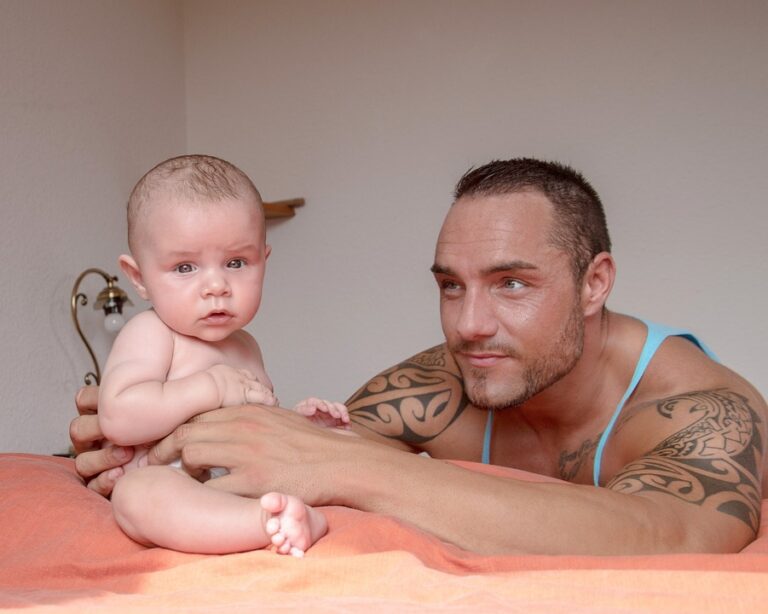
[ad_1]
The Importance of Failure: Teaching Kids to Embrace a Growth Mindset
Failure is often viewed as a negative experience, something to be avoided at all costs. However, failure is an essential part of learning and growth, especially for kids. Teaching children to embrace failure and develop a growth mindset can have a lasting impact on their personal and academic success. In this article, we will explore the importance of failure in a child’s development and provide real-life examples to illustrate the power of embracing a growth mindset.
The Power of a Growth Mindset
A growth mindset is the belief that one’s abilities and intelligence can be developed through dedication and hard work. Children with a growth mindset are more likely to embrace challenges, persevere in the face of setbacks, and view failure as an opportunity to learn and grow. This mindset fosters resilience, creativity, and a love for learning, all of which are crucial skills for success in school and in life.
On the other hand, a fixed mindset is the belief that one’s abilities and intelligence are set in stone and cannot be changed. Children with a fixed mindset are more likely to avoid challenges, give up easily, and view failure as a reflection of their inadequacy. This mindset can limit a child’s potential and hinder their ability to overcome obstacles.
The Role of Failure in Learning
Failure is an inevitable part of life, and kids need to learn how to handle it effectively. When children are allowed to fail and are encouraged to learn from their mistakes, they develop resilience, problem-solving skills, and a willingness to take risks. By teaching kids to embrace failure as a natural part of the learning process, we can help them develop the confidence and perseverance they need to succeed in life.
Real-life example: Thomas Edison, the inventor of the light bulb, famously said, “I have not failed. I’ve just found 10,000 ways that won’t work.” Edison’s persistence and willingness to learn from his failures ultimately led to the creation of one of the most important inventions in history. This example illustrates the power of embracing failure and having a growth mindset when facing challenges.
Storytelling Approach: A Personal Experience
When I was a child, I struggled with math. I would often get low grades on my math tests and feel discouraged. However, my parents and teachers encouraged me to keep trying and not be afraid to make mistakes. They emphasized the importance of learning from failure and developing a growth mindset.
Real-life example: One day, I was working on a particularly challenging math problem and I made a mistake. Instead of giving up, I decided to keep trying and look for different approaches to solve the problem. Eventually, I found the right solution and felt a sense of accomplishment. This experience taught me the value of persistence and the power of embracing failure as a learning opportunity.
Conclusion
Teaching kids to embrace failure and develop a growth mindset is essential for their personal and academic success. By fostering resilience, creativity, and a love for learning, children with a growth mindset are better equipped to overcome obstacles and achieve their goals. Real-life examples, such as Thomas Edison’s invention of the light bulb, and personal experiences, can illustrate the power of embracing failure and developing a growth mindset.
FAQs
Q: How can I teach my child to embrace failure?
A: Encourage your child to take risks and try new things, praise their efforts rather than their innate talents, and emphasize the importance of learning from mistakes.
Q: What are some ways to develop a growth mindset in kids?
A: Provide opportunities for challenging experiences, teach children about the brain’s ability to grow and change, and model a growth mindset in your own behavior.
Q: What is the difference between a growth mindset and a fixed mindset?
A: A growth mindset is the belief that abilities and intelligence can be developed, while a fixed mindset is the belief that these qualities are set in stone and cannot be changed.
[ad_2]